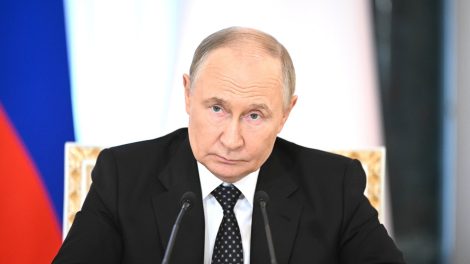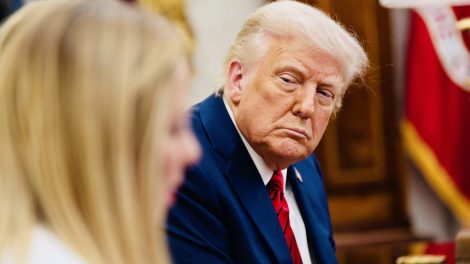Giorgia Meloni fears an oil price rally. The Italian Prime Minister held two meetings between Wednesday and Thursday as her government readies to unveil the 2024 budget plan and keeps a close eye on its tight fiscal margins. The subject of these late-night talks was the ongoing conflict between Israel and Hamas and its economic repercussions, which is impacting oil and gas prices.
- As Corriere della Sera reports, the executive fears that a military escalation and the crisis extending across the Middle East could spark an oil price shock – one worse than the 2022 rally induced by Russia’s full-scale invasion of Ukraine.
It’s a structural risk. A price shock of that sort could exacerbate the never-abated energy crisis across Europe and affect most sectors of the economy, given that fossil fuels remain crucial for its functioning. The EU and Italy have significantly reduced their dependence on Russian fossil fuels by diversifying and relying on alternative suppliers – most of which are located in the Middle East and Northern Africa, an area now at risk of destabilisation.
- Speaking at an event about nuclear power on Wednesday, Environment and Energy Security Minister Gilberto Pichetto Fratin stressed that Rome maintains “a very strong relationship with current supplier countries” such as Algeria, Libya, and Azerbaijan.
- The entire MENA area is of crucial importance to Italy. The government is expected to release its Mattei Plan in November, outlining its strategy of “non-predatory” cooperation with the region’s countries.
Codewords: diplomacy and stabilisation. This core concern is reflected in Rome’s all-of-government foreign policy approach to the crisis in Israel, which is centred on cooperating with allies and MENA partners to work towards de-escalation and avoid the conflict widening beyond Israel and Gaza.
- Foreign Minister Antonio Tajani travelled to Egypt on Wednesday to do exactly that by meeting with local authorities and speaking with his Algerian and Moroccan counterparts.
- Meanwhile, PM Meloni spoke with the leaders of the United Arab Emirates and Qatar.




